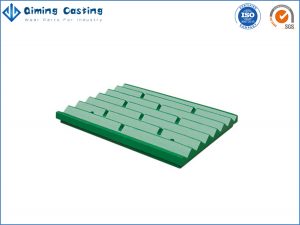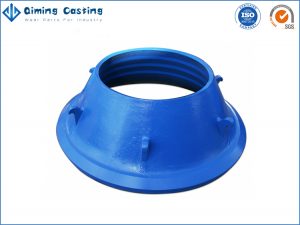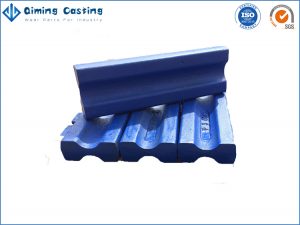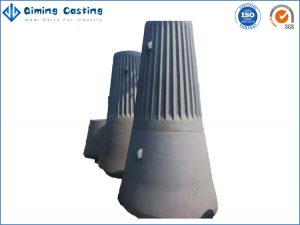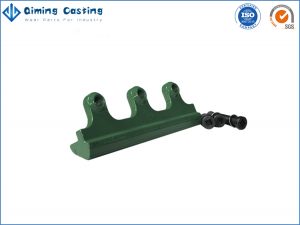Maximize Your Crushing Efficiency with High-Quality Crusher Wear Parts!
Our crusher wear parts are specifically designed to enhance the performance and longevity of your crushing equipment, ensuring it operates at its full potential. We offer a wide range of premium-quality wear parts suitable for different types of crushers, and we guarantee to provide the right parts for your needs. Our team of highly skilled engineers and technicians employs advanced manufacturing processes and cutting-edge technology to produce wear parts that are durable, reliable, and cost-effective. Don’t let worn-out or damaged wear parts affect your crushing operations. Contact us today and discover the difference our crusher wear parts can make!

 Download Brochure
Download Brochure Product List
Product List





